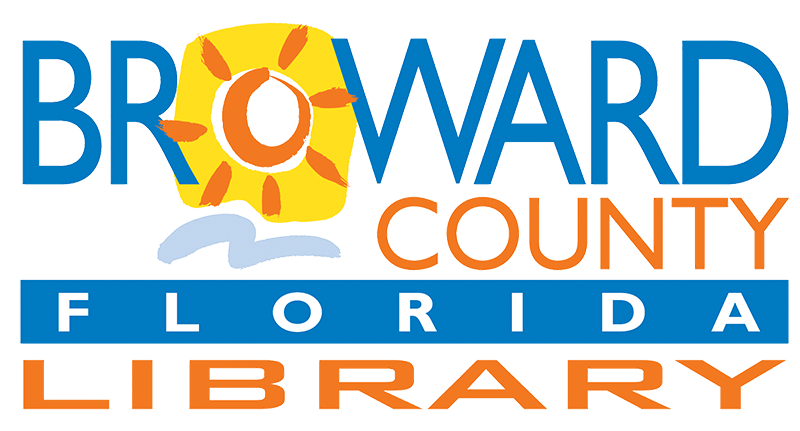The Partners in Racial Justice discussion series invites those who visit the “To Be Sold: Enslaved Labor and Slave Trading in the Antebellum South” exhibit at AARLCC
The Partners in Racial Justice discussion series invites those who visit the “To Be Sold: Enslaved Labor and Slave Trading in the Antebellum South” exhibit at the African American Research Library and Cultural Center to become inspired agents for change in understanding our shared connections to chattel slavery and in learning to bridge our racial divides. Using examples drawn from author Margaret Seidler’s descriptions of the sale of Black people in her book, Payne-Ful Business: Charleston’s Journey to Truth, and artist John W. Jones’ vivid paintings that connect viewers to the inner and outer lives of humans who were bought and sold in America.
Partners in Racial Justice works to develop coherent models of social discourse, social action, and community building that accelerate the generation of grass roots engagement and contributes to the elimination of racial prejudice. By bringing groups of people from diverse backgrounds together for uplifting discussion, acts of service, fellowship, and reflection, this process seeks to gradually erase the barriers of race, social class, ethnicity, and religion that often divide people by instead connecting their hearts in true friendships and meaningful efforts to improve the conditions in their communities.
Session 1: WHAT DOES SLAVERY HAVE TO DO WITH ME?
July 12, 2025, 10:30AM-12:30PM
Although some perspectives and current policies diminish or deny the residual impact of slavery on modern thought, action, economics, and societal norms, an exploration its history in the United States, and the resistance movements it spawned, further underscores the indelible imprint it has had on our society, and how people of every race aspire to freedom and justice. Although an exhaustive survey of this history cannot be achieved during the sessions, participants will explore the systems and relationships that built the nation from 1619 to the present, including accounts of constructive resilience that enslaved people and their descendants used to overcome oppression in the fight for freedom and equality. This theme of freedom and justice will be discussed and revisited throughout the series.
Session 2: SIGNIFICANT COLLABORATIONS
August 9, 2025, 10:30AM-12:30PM
Explore how a White author who descended from slaveholders and a Black artist whose ancestors were enslaved became a team that is contributing to an understanding of the role we all play in creating a nation where unity in diversity is embraced. How does the example of Margaret Seidler and John W. Jones’ collaboration inspire our community to take steps to extend this work?
Session 3: BEYOND THOUGHTS & PRAYERS
September 13, 2025, 10:30AM-12:30PM
It is very popular to offer “thoughts and prayers” when a new racial tragedy occurs, for example – the killing of George Floyd, or evidence of an historic atrocity such as the Greenwood massacre, is brought to light. There are countless examples in American history of groups of people working together contributing to social action and justice. Explore in this session how collective action enables communities to make positive and sustainable change.
Session 4: CONNECTING THOUGHT & ACTION
October 11, 2025, 10:30AM-12:30PM
Consider a framework for action with the potential to address a range of racial challenges. For example, by learning to consult, act, reflect, and study on a regular basis, communities in India are overcoming the weight of centuries of a caste system, and in the parts of the Democratic Republic of the Congo, women are being recognized for making a meaningful contribution to the affairs of their society where once they could not speak in the presence of men. Could a similar systematic framework be applied to overcome challenges in our local community?
Session 5: OUR SHARED LEGACY
November 8, 2025, 10:30AM-12:30PM
By mapping the social spaces in our community (including but not limited to schools, places of worship, libraries, and recreational centers) along with existing and longstanding relationships, we can begin to see where we are in terms of race relations, where we would like to be, and what we must learn in order to move forward. How can the bonds between neighbors, students, teachers, families, and civic leaders build on our collective history and lead to a brighter future?
Session 6: WHAT’S LOVE GOT TO DO WITH IT?
December 6, 2025, 10:30AM-12:30PM
In the words of Rev. Martin Luther King, Jr., “Hate cannot drive out hate. Only love can do that.” Explore historical and contemporary examples of how love is enabling previously antagonistic groups to realize their collective identity and advance together.
| Mon, Jun 23 | 10:00PM to 8:00PM |
| Tue, Jun 24 | 10:00AM to 6:00PM |
| Wed, Jun 25 | 10:00PM to 8:00PM |
| Thu, Jun 26 | 10:00AM to 6:00PM |
| Fri, Jun 27 | 10:00AM to 6:00PM |
| Sat, Jun 28 | 10:00AM to 6:00PM |
| Sun, Jun 29 | Closed |

